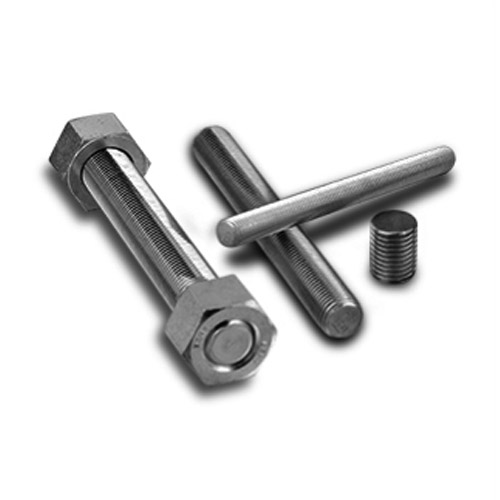Brake Hose Manufacturing Solutions for Enhanced Vehicle Safety and Performance
ਦਸੰ. . 17, 2024 10:39 Back to list
Brake Hose Manufacturing Solutions for Enhanced Vehicle Safety and Performance
The Importance of Brake Hose Factories A Closer Look
In the world of automotive manufacturing, the quality and reliability of various components are paramount to ensure safety and performance. One such crucial component is the brake hose. Brake hoses are essential for providing the hydraulic pressure necessary to engage the braking system effectively. Therefore, the role of a brake hose factory is integral to the automotive industry, and understanding its operations, challenges, and innovations is vital.
What is a Brake Hose?
A brake hose is a flexible tube that connects the brake caliper to the brake system of a vehicle. They are designed to withstand high pressures generated when brake fluid is pushed through them. Typically made from rubber or other elastomeric materials, brake hoses must also be resistant to various environmental factors such as heat, moisture, and exposure to harmful chemicals. This durability is essential as the braking system directly impacts vehicle safety.
Manufacturing Process
The manufacturing of brake hoses involves several stages, each requiring precision and adherence to safety standards. The process begins with the selection of high-quality raw materials. These materials are crucial for ensuring that the brake hoses can endure the various stresses they will face throughout their lifespan.
Once the materials are sourced, the manufacturing process typically involves the following steps
1. Extrusion The chosen rubber compounds are extruded into the shape of hoses. This process ensures uniformity in wall thickness and diameter, which is critical for performance.
2. Reinforcement Brake hoses often have wire or textile reinforcement to prevent bursting under high pressure. This stage involves carefully integrating these materials into the hose structure.
3. Curing The extruded hoses undergo a curing process where they are heated to form cross-links in the rubber, enhancing their durability and resistance to wear.
4. Testing Quality control is paramount. Each batch of brake hoses must undergo rigorous testing to ensure they can withstand the specified pressure and temperature conditions. Common tests include burst tests, leakage tests, and tests for flexibility at extreme temperatures.
brake hose factory

5. Certification Brake hoses must meet stringent industry standards such as those set by the Society of Automotive Engineers (SAE) or the American National Standards Institute (ANSI). Factories seek certifications to demonstrate their commitment to safety and quality.
Challenges Faced by Brake Hose Factories
Despite advances in technology, brake hose factories face several challenges. One significant challenge is the need to balance cost and quality. With increasing competition from global manufacturers, factories must find ways to produce high-quality products while keeping costs manageable.
Additionally, compliance with environmental regulations is becoming more stringent. Factories are now tasked with finding sustainable materials and processes that minimize their carbon footprint and reduce waste.
Another challenge is the rapid pace of technological advancements. Factories need to adapt to new technologies, such as automated manufacturing processes and advanced materials that can improve the overall performance and reliability of brake hoses.
Innovations in Brake Hose Manufacturing
The future of brake hose manufacturing is likely to see several exciting innovations. One area of development is the use of advanced composite materials that can offer enhanced strength and reduced weight. These materials can improve vehicle efficiency and performance while maintaining safety.
Moreover, the integration of smart technology into brake hoses is an emerging trend. Sensors embedded within the hoses can monitor pressure and temperature in real-time, providing invaluable data for vehicle diagnostics and preventive maintenance.
Conclusion
Brake hose factories play a vital role in ensuring the safety and performance of vehicles on the road. Their commitment to quality, adaptation to industry challenges, and embrace of innovation will significantly impact the future of automotive manufacturing. As technology continues to advance, we can expect brake hose factories to lead the way in producing safer, more reliable, and environmentally friendly products, ultimately contributing to the overall safety and efficiency of the automotive industry. Such developments will not only enhance vehicle performance but also bolster consumer confidence in the safety of their vehicles.
